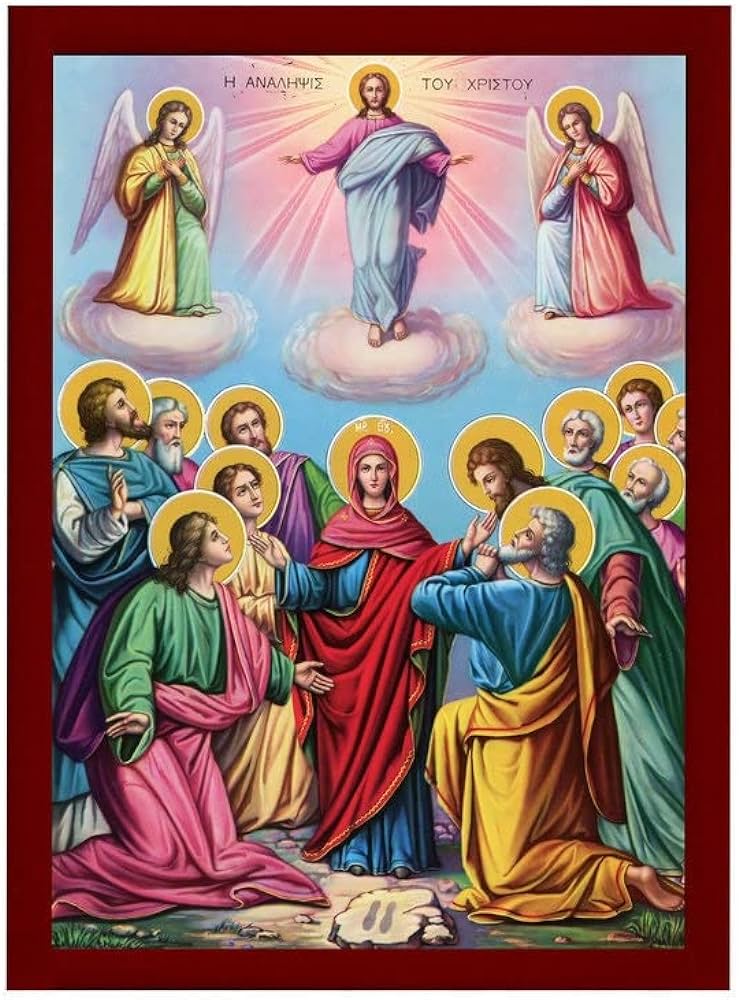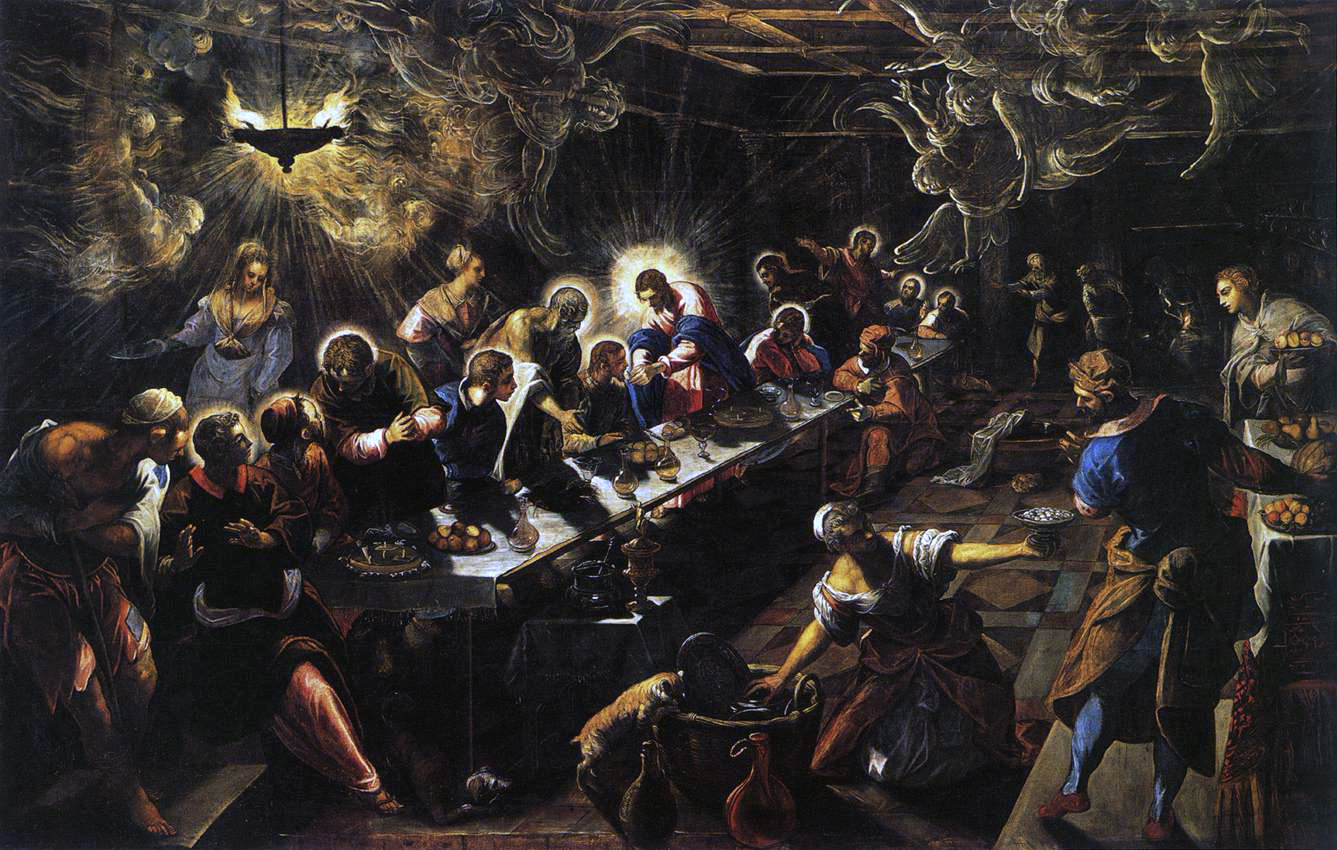One of the most primary and central themes of the Bible (and not necessarily Christianity) is that there is an earth, heaven and a place of rest. From its earliest attestations, what most folks have been ‘taught’ to believe, is that when you die, if you are a good person, you will go to Heaven. But what is Heaven, exactly? Well, it turns out, this is quite a complex question, and has taken on different meanings in different time periods throughout history. Today, for most Christian beliefs and church denominations, the idea of “going to Heaven” when you die is what Christianity is all about; it is impossible to form another opinion on this matter in any other way. However, the people who “believed” in Heaven when Jesus taught about it, and Saint Paul wrote about, was an ENTIRELY different belief!
In order to better clarify the earliest beliefs about Heaven, we need to put the New Testament in its own time frame; this is where the CONFUSION about what we “believe” now started. Three major ingredients were at play here: Jewish thought about the afterlife (which changed IMMESNELY over the centuries up until the time of Jesus himself), Roman imperialism in Jerusalem which made living under Roman rule and law, especially for Jews, almost unbearable, and Greek thought and culture, which was playing a PARAMOUNT role in the development of Jewish thought; that is, Hellenistic world views, language, customs, and even the adoption of Greek thoughts of the afterlife would eventually become part of the New Testament itself; these are a few of the PRIMARY reasons the New Testament was composed in Greek. The earliest followers of Jesus saw Heaven and Earth as one; to understand this teaching, we go to the New Testament itself.
“Thy kingdom come on Earth as it is in Heaven.” (Matthew 6:10) This is CLEARLY Jesus advocating a “Heaven” on “Earth”; that is, Heaven is NOT some cosmic, clandestine location not known to anyone. A better teaching is one where Jesus says, “In My Father’s house are many mansions; if it were not so, I would have told you. I go to prepare a place for you. 3 And if I go and prepare a place for you, I will come again and receive you to Myself; that where I am, there you may be also. 4 And where I go you know, and the way you know.” (John 14: 2-4, NKJV) This passage appears to indicate not some distant location of being in the presence of God, but right here on Earth; however, by the third century, there were Christian teachers blending this idea with Platonic afterlife thoughts where one would “soar to the Heavens after death.” This idea, incidentally, caught on like wildfire in the Middle Ages and became the norm; also, Jesus preached the ‘End Times’ were near; after his death, the EARLIEST followers of him believed that he would establish his “kingdom” on “Earth”; this idea, of course, never happened and the BELIEF in Heaven SLOWLY changed over the centuries. (I should also note that the above verse (s) of John 14, 2-4 is also a contention by early church believers that we may be reunited without loved ones in the afterlife, even though there is no SPECIFIC teaching ANYWHERE in the New Testament that suggests this.) Consequently, from an HISTORICAL perspective of studying the New Testament, the early followers of Jesus waited for his return to EARTH, to establish what they thought would be a TYPE of heaven, that Heaven most Christians believe in now. If one studies the Book of Revelation, however, you get the same message; the world will end when the “New Kingdom” is established on “Earth.” Heaven is NOT in some unknown location in the cosmos; it is right here on EARTH! The New Jerusalem will be established as the Throne of Christ, and he will reign from Earth for all eternity.
What is even more at play here? RESURRECTION Ultimately, we will have a NEW and IMMORTAL physical body; we will never age (although this has never been confidently explained), get sick or die. However, over the centuries, the Churches have interpreted these events a bit differently. The Eastern Orthodox and Roman Catholic teaching are a bit similar; when one dies, judgment by Christ is pronounced on the person immediately; from there, you go into a state of eternal darkness or blissful rest; the FINAL JUDGMENT will take place at the end of time, or the Second Coming, where you will suffer for eternity or reign in bliss with Jesus forever here on EARTH. Saint Paul teaches almost the same thing by declaring that “the whole creation will be set free, and the dwelling of God is with Humans. “So that God May Be All in All.” (1 Corinthians 15:28) If the only teaching we get from our Church is to make the “world a better place”, then why do it if we are to leave it?
The EARLIEST believers of Jesus would be confused about how we adopted such beliefs of the afterlife and Heaven; it would not correspond to what they KNEW and were TAUGHT about Jesus himself. As for Jesus, Heaven was not a place of mystery, it was a place right here on Earth. God EXALTED Jesus after his death; his abscondment into Heaven is a Physical act, not an unseen one! In most Christian art, when Jesus ascends to Heaven, he is usually seen blessing “Earthly’ people below; that is HIS CHURCH he is blessing. He is not far away. This is why we still celebrate ‘The Feast of the Ascension” the PHYSICAL body of Jesus returning to an Earthly Heaven.

© 2024, Mark Grago. All rights reserved.




